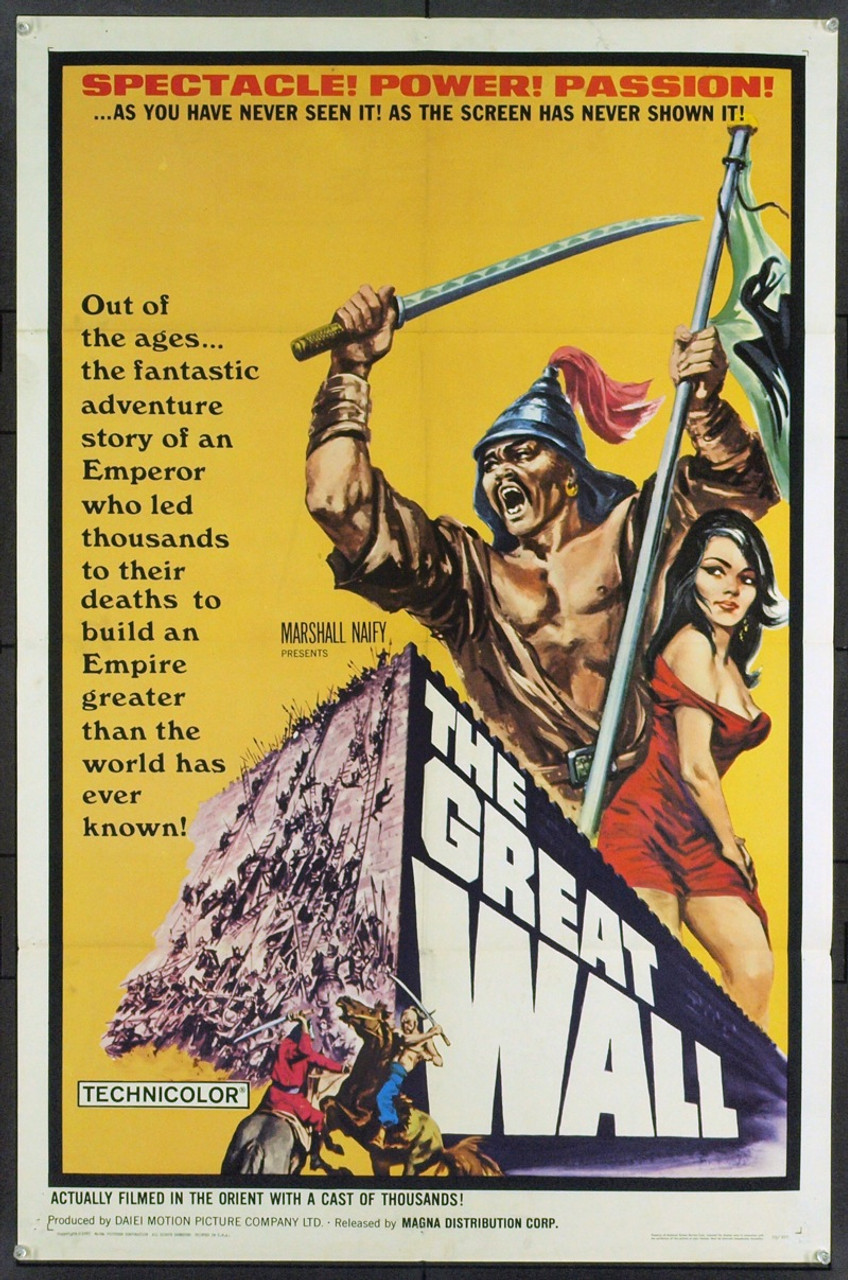

The explanation that quickly took hold in the popular imagination pinned the blame on Damon, as if he entered an otherwise-untarnished universe and ruined the Chinese’s innocent fun-filled romp with his presence.

Their statements evidently didn’t do enough around the time of the film’s release, the hashtag #ThankYouMattDamon-meant to send up the white saviour phenomenon-went viral and was featured in major news publications.ĭid a film set in 11th century China really need a white protagonist, many wondered. The allegations reached such an intensity that both the film’s star and director had to defend it from this fury. The raised eyebrows gave way to eyerolls when the first trailer made it seem like this would be an all-too-familiar and all-too-depressing case of a heterosexual white male protagonist stepping in to save the day when a rich and exotic “other" is under threat.Įxamples include-but, sadly, are far from limited to-The Last Samurai, Blood Diamond, The Help and Avatar. The answer, to anyone slightly familiar with history, seemed evident in the poster itself: foreigners like Matt Damon. The first promotional poster for the film had the tagline “What were they trying to keep out?" over the all-caps title. Eyebrows were raised as soon as it was announced that Chinese auteur Zhang Yimou, once famous for subversive dramas such as Raise the Red Lantern, would be directing a big-budget, special-effects-laden epic centred upon the Great Wall of China and the purpose it served for ancient Chinese empires.

This vision is here to stay, and it can be traced back to one country’s quest to be a global superpower.Īccusations started plaguing The Great Wall months before anyone saw it. One contender may have come and gone, but more like it are not far off.

While analysing the colossal misfire behind The Great Wall, one should focus not on the superficial crime of whitewashing, but on an extremely ambitious and disruptive vision of what an “event film" or “international blockbuster" may look like in the future.


 0 kommentar(er)
0 kommentar(er)
